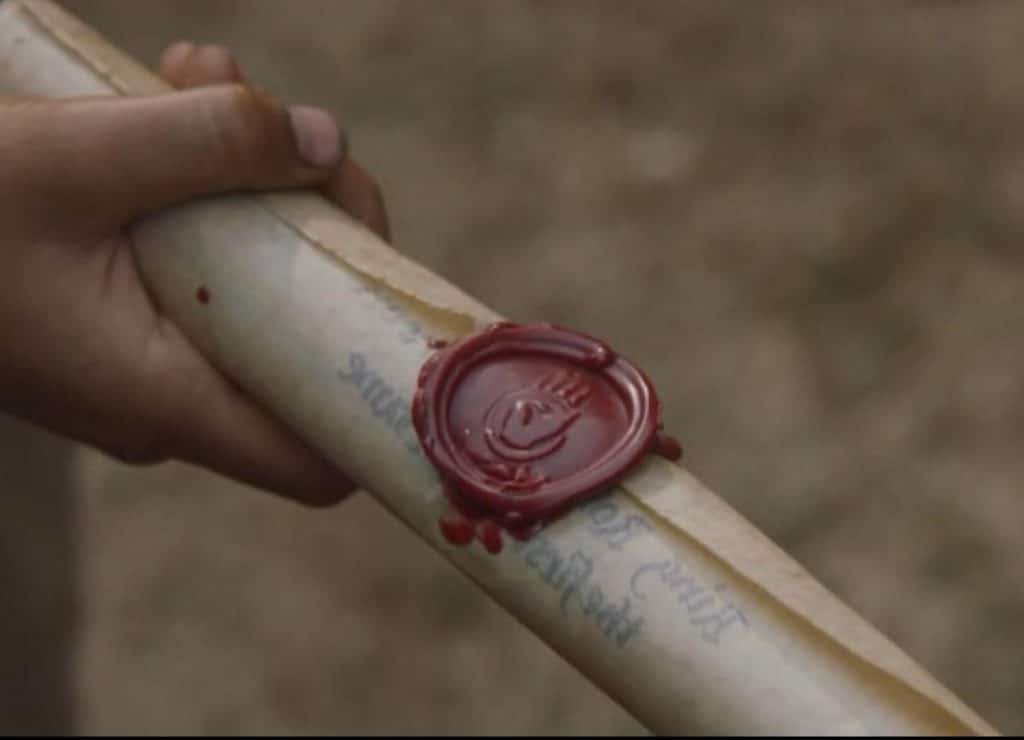Recently I bought and started reading Intelligence in War by John Keegan, which is proving to be a very interesting survey of the role of intelligence…in…erm…war. It’s on the tin, obviously.

He devotes a lot of the book to talking about the difficulties in both ancient and modern intelligence gathering, which got me thinking about how I treat the same subject in Dungeons and Dragons.
I don’t know about you, but I am guilty of treating information I dispense to the PCs as static; ie what I tell them will prove accurate regardless of the amount of time that passes between their receipt of the information and their action with regards to it.
If you’re running a published adventure, they tend to be written this way. No matter when your PCs arrive on a certain scene, the text in the book remains unchanged. This is the nature of printed text, after all.
I have, in the past, started to play around with that a bit. For instance, in one of my Curse of Strahd campaigns, I completely changed an encounter because the party let days elapse between the moment they received relevant information and when they acted upon it. In fact, I wrote a post on being mindful of what is happening in your TTRPG world where your party ISN’T – because they can’t be everywhere at once, and these worlds should be alive.
I think you can pull the same neat kind of trick with the information your PCs either obtain from others or collect themselves. Here’s how to do it!
Don’t Treat All Intelligence as Real Time Intelligence
As DMs, we might dispense with some information via an NPC to the party and then hit pause on the “scene” described in that information until the party arrives there. The result is that the party finds that scene in exactly the same state as it was described to them however long ago. But should it always be so?
Likely not! If our worlds are alive, a good question to ask is “What has happened to this scene since that information was gathered?”
A few minutes might not produce much change. If your Ranger gathers intelligence via reconnaissance, sneaks back to the party, reports, and then leads them to the scene, the information should be super reliable.
But if your Wizard scries on an enemy force and it takes them a few hours or even days to stage the encounter, things might not be as they were when the spell was cast! Same goes for a message carried to the party by a messenger of any kind. When did they get that information? From whom did they receive it and how did they gather it? How do the answers to these questions affect the reliability of that information?
Intelligence ages, and sometimes not like fine wine. It gets sour and stuff starts growing in it sometimes, you know? Real time information has a shelf life, for sure, and can oftentimes be found to be incomplete, too. That’s what I love about calling for a Perception check during reconnoiters! Oh, yeah, I’ll give my PCs some real time information, but they might miss a few tasty morsels with a low roll!
Information is also malleable. Think of the great lengths we go to in real life to encrypt and secure our data/information. Why do we do that? Two reasons:
- To prevent our enemies from seizing and capitalizing on it.
- To prevent our enemies from manipulating it and thus affecting our use of it.

And this practice is not a new one. Messengers with sensitive information for centuries preceding any form of telecommunication were heavily guarded, and those messages were often sealed with signet rings (just as one example) to safeguard against tampering.
So another way to play with information is to sow a little deception or misinformation. It could be accidental; kinda like playing the game Telephone. Reliable information is transmitted, but as it travels it gets corrupted a bit here or there. Or it could be intentional, as in an enemy spreads deceit – possibly to throw the PCs off of their trails or even to lead them right into a trap!
Using Strategic Information for Surprise
Keegan partly defines strategic intelligence as:
“…the character of the enemy, the size and capability of his force, its dispositions, the nature of the terrain in his occupational area, and, more generally, the human and natural resources on which his military organization depended.”
pg. 18
This kind of information is gathered primarily by sight during our campaigns, and oftentimes immediately preceding an encounter. But when opportunities arise in which this information has aged a bit, you have yourself an opportunity to spring a little surprise on your PCs!
Perhaps the enemy force isn’t found at the supposed location of their camp and shortly after arriving at the location they receive word that a nearby town is under attack by the force! Or the enemy force’s number or even composition has changed. It used to be just a small tribe of goblins on foot, but now they’re riding worgs and are accompanied by a troll.
Don’t Be a Bully
The point of aging intelligence is not (necessarily) to maliciously trick your party. It is to make your world feel dynamic! And you can use this in the party’s favor as well. Perhaps the enemy has some outdated information about the strength and capability of the party and miscalculates and underestimates them to his or her detriment or even demise!
Appropriately aging the intelligence your party has at their disposal is not lying. It was 100% true…at one time. But time brings about changes in the circumstances of our fantasy worlds no less so than it does in our own.
In the very least, this will make our campaigns feel a bit less predictable. It is the classic “Sorry, Mario, the princess is in another castle” bit. She was here at one point – otherwise why would you be here? But now she’s not and you’ve got to respond accordingly.

